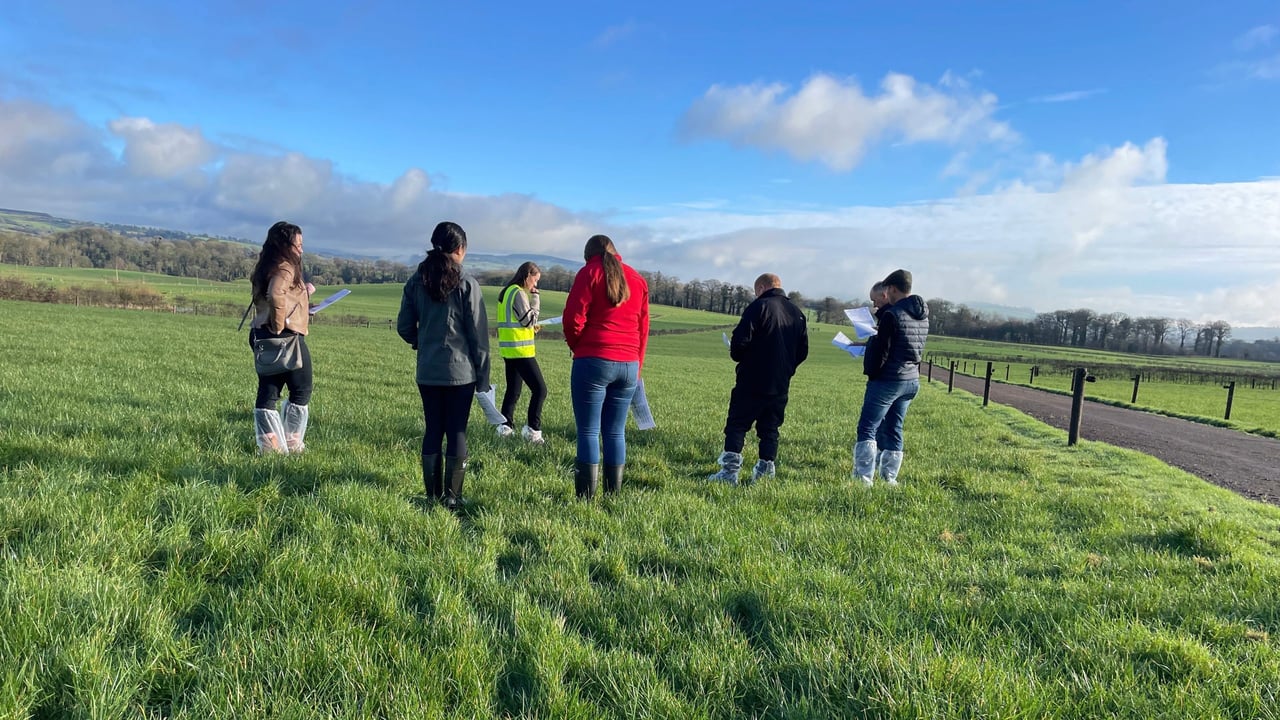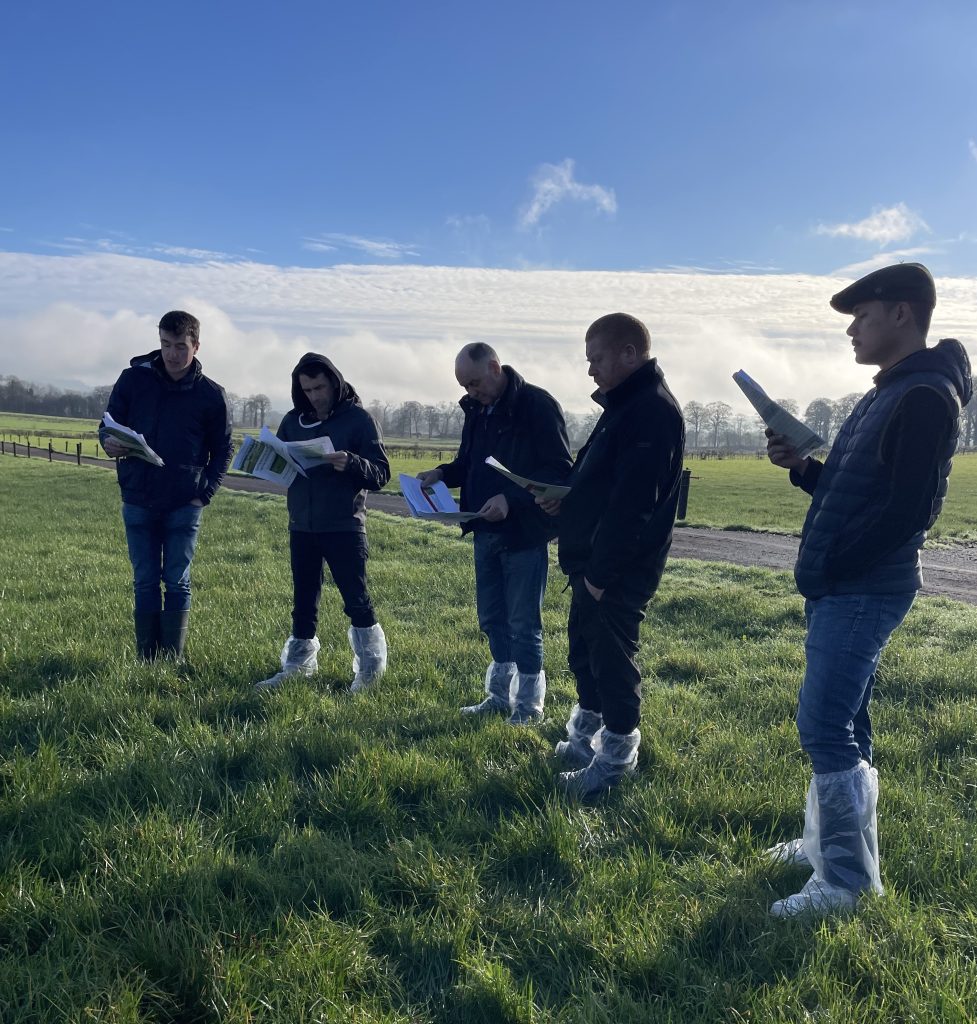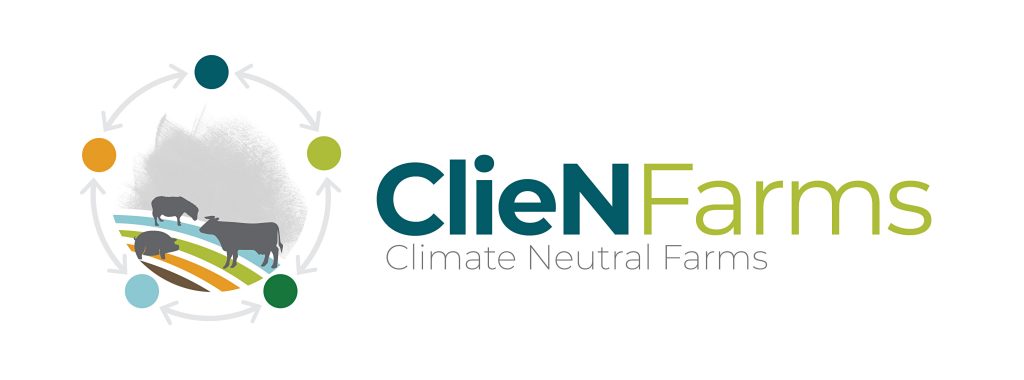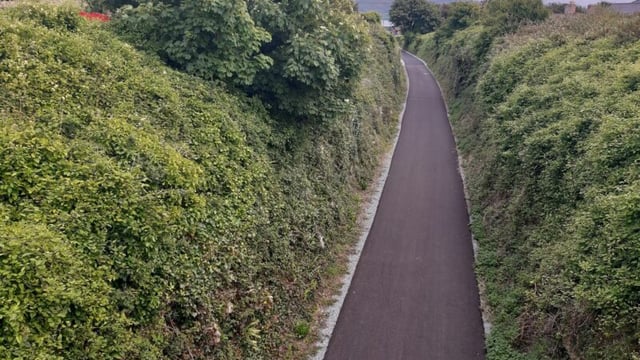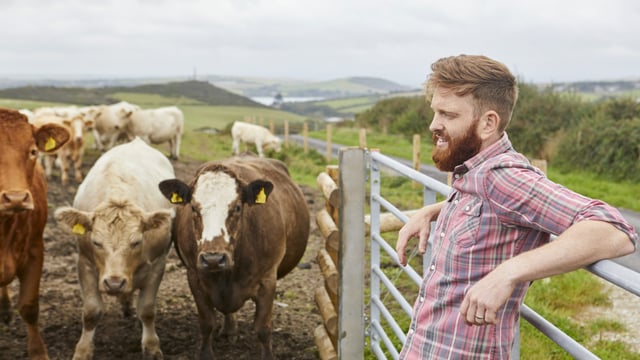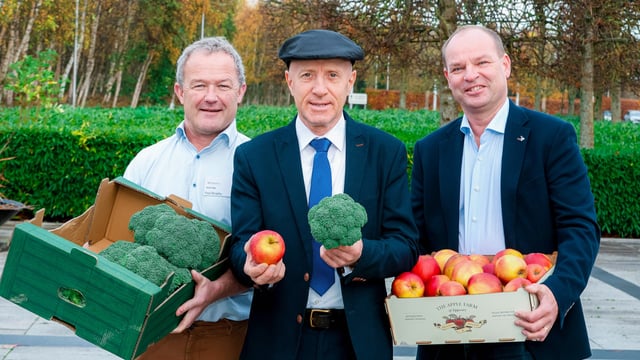Sponsored Article
Explore the new climate-neutral farms micro-learning modules
Sponsored Article
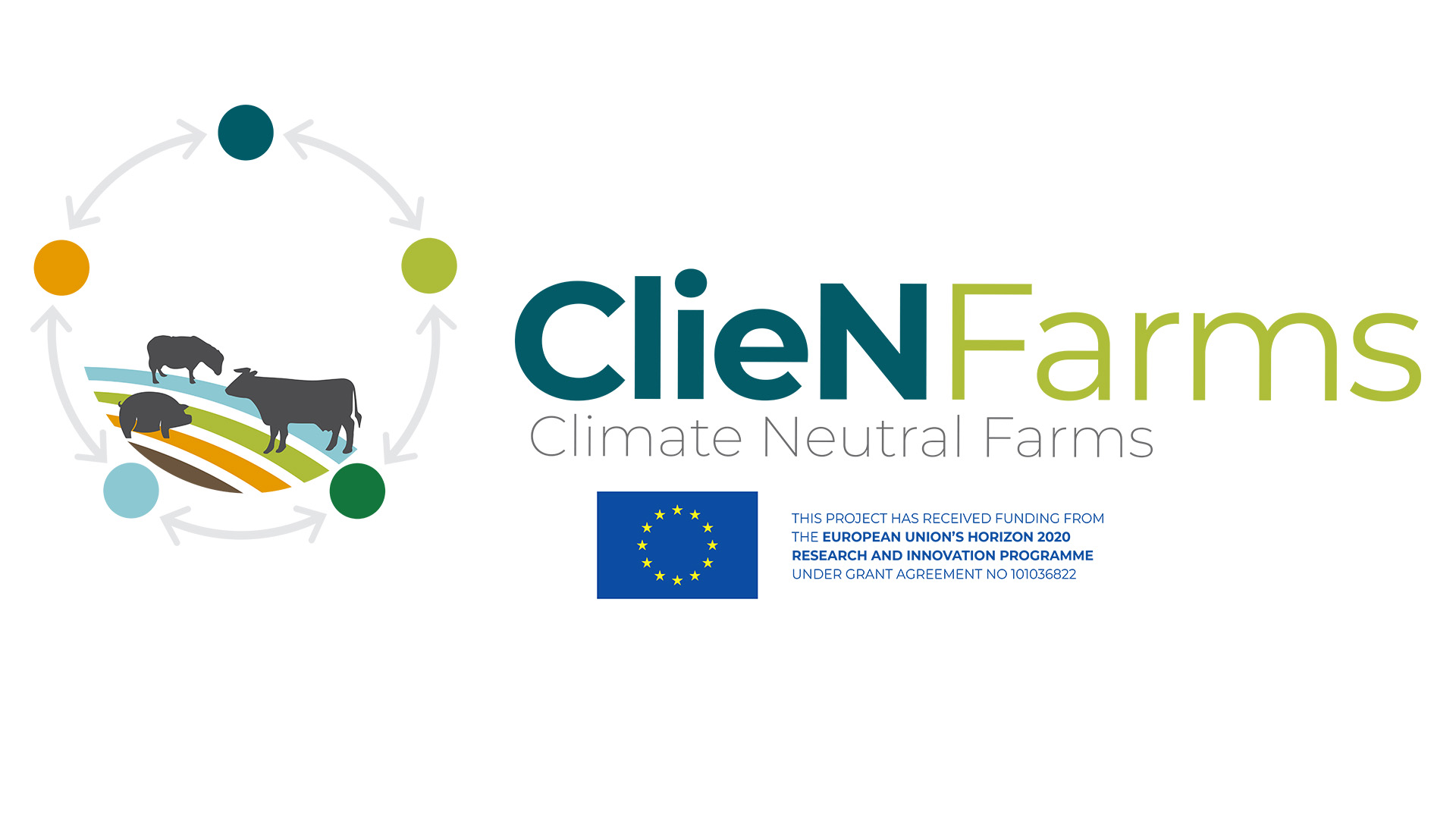
New micro-learning modules on achieving a climate-neutral farm are now available for farmers, advisers, educators, and anybody interested in making farming a greener industry.
These resources aim to support the transformation of farming, helping both current farmers and the next generation to modernise practices in ways that are climate-smart, economically sustainable, and resilient.
By adopting these approaches, farmers can strengthen their businesses, protect natural resources, improve animal performance, and contribute to a more secure and sustainable food supply, ensuring a strong future for farming and the communities that depend on it.
The modules can be taken as needed to suit individual farms, as part of an ag science course, or all together for those interested in expanding their knowledge.
Transforming European education
The ClieNFarms Micro-Learning Course, funded by the EU, is part of the four-year ClieNFarms project (2022–2025), supporting the transition to climate-resilient European farming.
The modules were developed collaboratively by partners from 14 EU countries, through their large agricultural organisations, combining the expertise of scientists, researchers, advisers, farmers, and suppliers.
This unique, multi-stakeholder collaboration ensures that the insights and strategies benefit everyone in the agricultural system, fostering more sustainable farming practices across Europe.
The modules have been separated into groups based on farming system or general sustainability topics, making it easier for learners to find relevant content.
They were piloted in blended learning events involving farmers and project co-ordinators across Europe and have been made available on Moodle this summer for broader access.
Advisory organisations, teachers, and farmers can be enrolled for structured learning and participate in forums on request (email: [email protected]).
Module groups and key topics
Dairy and beef
Feed efficiency, replacement rate reduction, early lactation milk optimisation, methane reduction, low-emission practices, pasture management, and breeding strategies.
Pigs
Sustainable feed strategies and farm-scale anaerobic digestion.
Sheep and goats
Diet optimisation, genetic selection, and pasture management.
Arable and specialised crops
Soil carbon estimation, legumes, low-emission fertilisers, olive grove management, composting olive pomace, agroforestry for resilient cropping, and cover crops.
General sustainability and enterprise
Climate-friendly pyrolysis, photovoltaics, decarbonising machinery, hedgerows, agroforestry, climate knowledge, blended learning, battery use, and achieving climate neutrality.
Who the modules are for
The modules are highly interactive, featuring quizzes, videos, and fact sheets.
Many include local adaptations and multiple languages, making them useful for:
- Farmers - looking to adopt practical, climate-smart methods that boost resilience and profitability;
- Advisers - seeking ready-to-use tools to support clients in sustainable farm planning;
- Educators - in need of up-to-date, science-based content to enrich agricultural teaching;
- Anyone - interested in the future of farming and how to make agriculture more sustainable.
Micro-learnings integration in an Irish agricultural college
Introduced toward the end of the spring semester this year at Kildalton Agricultural College, the climate-neutral farms micro-learnings were quickly adopted as effective last-minute revision tools ahead of exams.
This was achieved by sharing a QR code linking directly to selected modules - Role of white clover in pasture-based systems; Challenge your climate change knowledge; What is low emissions slurry spreading; and Grazing management for Irish beef systems - encouraging students to engage with the materials independently.
The inclusion of interactive quizzes within the modules enabled valuable self-testing, reinforcing knowledge and aiding students in identifying areas needing further review.
Allowing students to complete the modules at their own pace helped avoid unnecessary stress during a demanding period in the semester.
The modules' short, interactive format made them ideal - quick to complete and summarising key content in a digestible way, enabling students to reinforce learning without the pressure of creating additional revision notes so close to exam time.
They also provided a welcome mental break from long, text-heavy study materials.
Building on this positive experience, plans are underway to more formally integrate micro-learnings into the 2025/2026 curriculum.
This will include holding group sessions in class where modules are reviewed together using a projector, as well as assigning specific modules as independent learning tasks via Moodle.
This blended approach aims to break up heavy lectures, maintain student engagement, keep pace with evolving learning technologies, support a flipped classroom model, and give students every opportunity for successful study while accommodating different learning styles.
This experience highlights how these interactive online modules can be effectively used to enhance agricultural education, promoting self-directed learning while supporting the integration of sustainability concepts into formal teaching.
Funded by the European Union. Views and opinions expressed are however those of the author(s) only and do not necessarily reflect those of the European Union or European Commission. Neither the European Union nor the European Commission can be held responsible for them.
Sponsored Article


